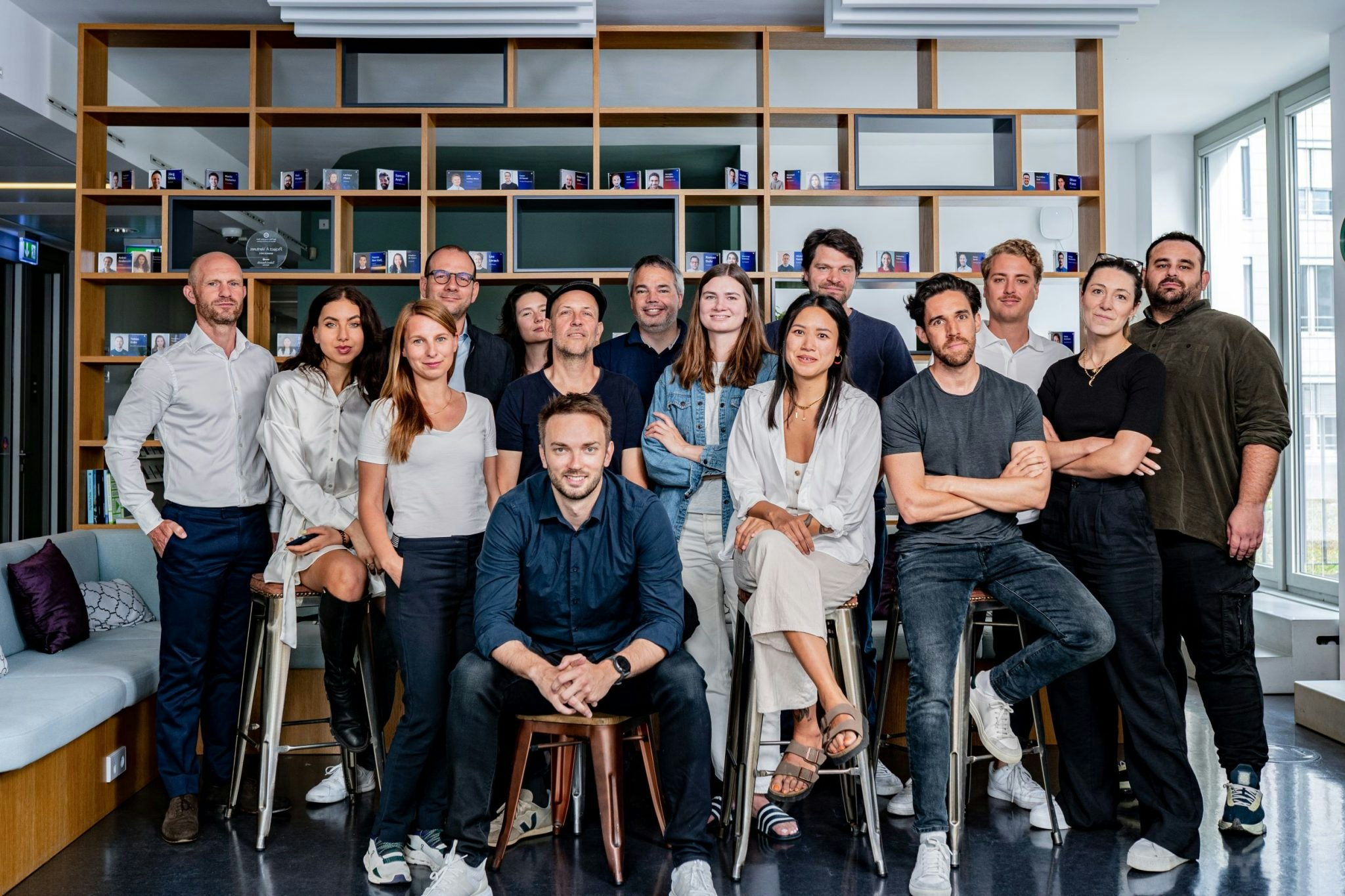From tech giants to startups, the threat of recession is hitting every facet of the tech ecosystem leading to layoffs, slashed valuations and a funding freeze. But how are pet techs faring?
Investors, founders and analysts say that while operating conditions are deteriorating, the sector is bullish about its ability to withstand the worst.
Part of this is because pet owners love their pets — a lot. The so-called "humanisation" trend, where pets are treated like members of the family, has been at the heart of the pet tech boom. And it means owners are not tightening their purse strings when it comes to everyday staples like good quality nutrition.
“The bond between pet owners and animals is getting closer,” says Christian Köhler, founder of Berlin-based Filu Vet, which helps vet practices to modernise services through technology. “Everyone is treating their pets like children. Thirty years ago, dogs couldn’t come into the house, then they were allowed in the bed, soon they will have their own room!”
The bond between pet owners and animals is getting closer
David Newns, an investor in UK-based pet treat startup Pets Purest, thinks pets are one of the last consumer spending segments to go in recessionary times.
“We’re really bullish about the pet sector and we are actually investing in and trying to buy pet businesses,” he says, adding that premium-level consumers “will stop feeding themselves before they stop feeding their pets”.
The price ladder of pet products
One thing that could change is a movement from hyper-premium products — and whether this is good or bad depends on which rung of the ladder a startup is focusing on.
Alessandro Di Trapani, cofounder of UK-based sustainable pet food startup Grub Club, says consumers might move from premium raw food diets into dry food alternatives that “meet nutritional needs, but you could save a pretty penny each month shifting out of raw”.
Shiv Sivakumar, cofounder of OMNI, a vegan dog food brand that sells dry food, says May was a record subscription month for them. Graham Tatham, life sciences partner at Simon Kucher & Partners, agrees that expensive segments like raw and gluten-free brands might suffer in the current environment.
“Essentials for pets, such as food and treats, are likely to be less affected by economic pressures, however they are by no means immune to disruptions in the supply chain, as evidenced by the shortage of wet pet food which hit UK shops last year,” says Lee Gibson, UK managing director at Pets4Homes, a pet marketplace. “The economic landscape may present more of a challenge for luxury pet items and accessories, although this may be offset by the growing number of pets overall in the UK, as more litters are bred to meet demand.”
The upside to a market cooling
A second cause for cheer might be, paradoxically, a decline in demand for pets, cooling a sector that was becoming so lucrative as to attract nefarious actors.
Data from Pets4Homes suggest that demand for pets fell 42% between January and April 2022 compared to the previous year. As a result, prices have fallen. The average cost of a puppy declined to £1,329 in March 2022, from £2,237 in March 2021. The price of cats fell 20% between the first quarter of 2021 and 2022.
Lower prices disincentivise phenomena like "puppy farms" that cash in on pet mania by breeding pets in poor conditions. Cost of living pressures also mean potential new pet owners will be discerning about whether it’s a step they want to take, lowering impulse buying, which often leads to abandonment and rehoming.
“A decrease in prices may have the positive effect of discouraging those in the low welfare and illegal puppy trade to target the pet industry as a source of profit,” says Gibson.
Investors are looking for businesses that are conservative with their cash, are running healthy margins and have a clear path to profit
A general market cooling could favour better-run companies as investors are becoming more discerning. “Investors are looking for businesses that are conservative with their cash, are running healthy margins and have a clear path to profit,” says Di Trapani.
“VCs have to re-think in terms of profitability,” says Christian Köhler at Filu Vet, which closed a pre-seed financing round in May and are now entering discussions for a funding round in August.
He cites the May €11m Series A for Lassie, a Stockholm-based pet insurance startup, as a sign that investors are still backing businesses with solid fundamentals. “Early-stage investors always looked at growth and now it’s about turning to cashflow positive and growing without a lot of equity financing,” he says.
Sustainable growth
For Newns, survival will be about sustainable customer acquisition costs and retention rates.
“In the past few years, the direct-to-consumer space has seen a lot of brands that, without huge amounts of cash injection, are just not sustainable, and venture funds are not going to follow on with more capital when those businesses need it now,” says Newns. “Companies that have good business models and control over their supply chains, margins and acquisitions cost will succeed. Businesses that are just buying revenue will struggle.”
Cost-conscious consumers and veterinary practices, might start looking for more ways to use technology to lower costs, helping startups in those niches.
“The pet tech sector has seen unprecedented interest over the last two years, as pet owners have embraced tech to meet their pets’ needs during and after the pandemic,” says Gibson. In the 12 months to April 2022, 34.5% of owners surveyed by the company used a pet food subscription service and one in five contacted an online vet.
The pet tech sector has seen unprecedented interest over the last two years, as pet owners have embraced tech to meet their pets’ needs during and after the pandemic
“These startups have tended to flourish despite the economic uncertainties of the pandemic. However, as purse strings tighten and more pet tech startups compete for owners’ attention, the sector cannot become complacent,” adds Gibson. “As inflation and high costs hit businesses and consumers, it’s pet tech concepts making life easier and cheaper for owners which will continue to grow, whilst others may struggle to adapt.”
Despite some good news, there are headwinds. Tatham warns of rising anxiety over pet bills given the variable levels of pet insurance and consumers lacking financial buffers.
Operating costs are also rising, according to investors and founders. “We have seen increased cost of raw materials, transport and last mile delivery,” says Di Trapani. “We’ve tried to absorb these as much as we can rather than passing them on to our customers.”
This article first appeared in our monthly Unleashed pet tech newsletter, a collaboration with Purina Accelerator Lab. All content is editorially independent. Sign up to our newsletter here to keep up to date with the latest goings on in the European pet tech industry.


